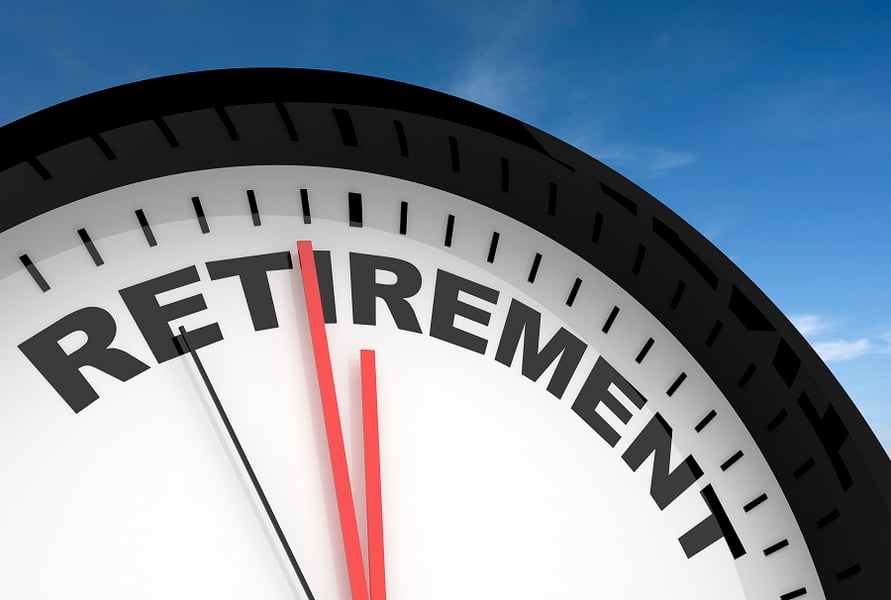

Women are more likely than men to say the COVID-19 crisis has hurt their retirement prospects, according to a survey this week from Transamerica.
Twenty-five percent of women surveyed by the Transamerica Center for Retirement Studies said they now feel less confident about retirement, compared with 21% of men. Just over half of the respondents (52% of women and 53% of men) said the crisis has had no effect on their retirement goals.
However, men were much more likely to say things have improved during the pandemic, at 17%, compared with just 8% of women, according to the report. The remaining percentages of people said they were unsure how the crisis has affected their retirement preparation.
The survey was conducted April 16 to 20 and included 643 women ad 605 men.
The responses appear to reflect a longstanding trend: On average, women say they are not as confident about retirement as men. Behind that are a multitude of causes, not least of which are lower pay rates for women and longer life expectancy.
In the recent survey, 19% of women said they were very confident about being able to retire comfortably, compared with 28% of men. Forty-four percent of women and 48% of men said they were at least somewhat confident, though a higher percentage of women, 12%, said they were not at all confident, compared with 8% of men.
That could be linked to savings rates. According to Transamerica, 61% of women said they are saving for retirement, compared with 78% of men. Among those who are saving, 38% of women said they work with a financial adviser, while 50% of men said the same.
Despite the differences in how the pandemic has affected retirement, the crisis has had a slightly smaller impact on employment for women, according to the report.
Fifty-six percent of women said the pandemic has affected employment, compared with 60% for men. Twenty-seven percent of women and 31% of men said their work hours were cut back. Of those with reduced salaries, 16% were women and 19% were men. Layoffs affected women and men at similar rates, at 15% and 16%, respectively. Eleven percent of both women and men faced furloughs, according to the report.
“Amid the COVID-19 pandemic, the challenges faced by women have further intensified with layoffs, furloughs or extended periods of time working from home and balancing job responsibilities with home schooling children and, possibly, caregiving for an aging parent or loved one,” the report noted.
The crisis has increased financial insecurity, with unemployment rates in the double digits and millions of Americans filing new jobless claims. That has spread many families thin in covering necessities such as food, rent and utilities — and a higher proportion of women (20%) than men (12%) said paying for basic living expenses is currently their top financial priority.

Relationships are key to our business but advisors are often slow to engage in specific activities designed to foster them.

Whichever path you go down, act now while you're still in control.

Pro-bitcoin professionals, however, say the cryptocurrency has ushered in change.

“LPL has evolved significantly over the last decade and still wants to scale up,” says one industry executive.

Survey findings from the Nationwide Retirement Institute offers pearls of planning wisdom from 60- to 65-year-olds, as well as insights into concerns.
Streamline your outreach with Aidentified's AI-driven solutions
This season’s market volatility: Positioning for rate relief, income growth and the AI rebound
